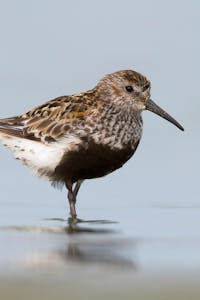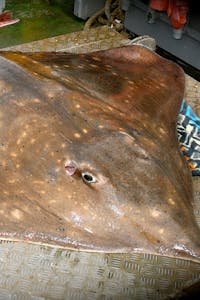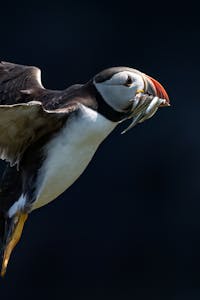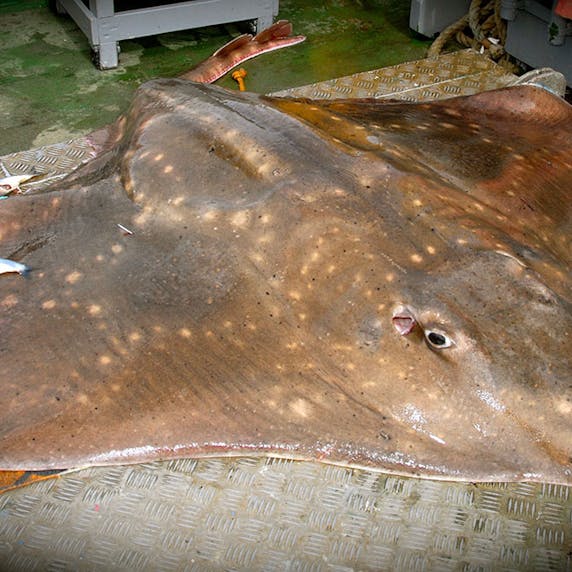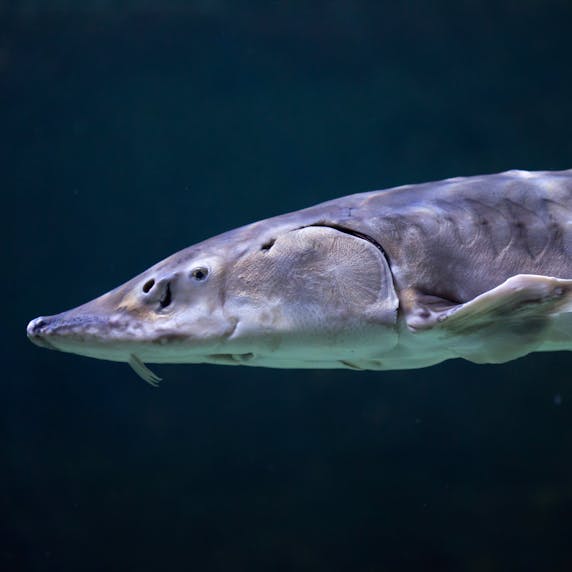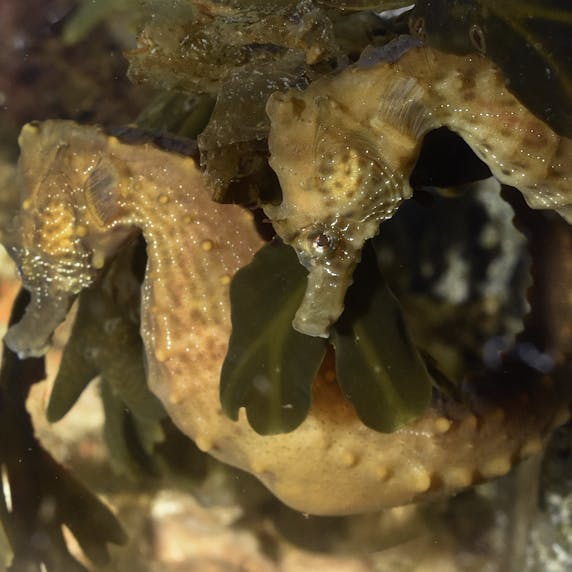



The North Sea is the busiest sea in the world, and its coastlines border some of the most densely populated areas. Nature restoration in the North Sea presents a series of complex challenges. Overfishing and destructive fishing practices have impacted marine ecosystems, leading to declines in some fish populations and disrupting the balance in the food chain. Additionally, the North Sea faces disturbances from human activities, posing a threat to marine life and bird species. Climate change exacerbates these problems, with rising sea temperatures and ocean acidification, making the North Sea a vulnerable and complex environment for nature restoration efforts. Preserving and restoring the ecological balance in this unique marine ecosystem requires coordinated international efforts and a long-term vision for sustainable management. Rotterdam, with its direct connection to the North Sea through the Maas River, also bears a significant responsibility.

A healthy ocean is characterized by a healthy fish stock, which can be measured by the presence of predators in the sea. That's why we focus on the thresher shark. The thresher shark is in a worrisome situation. The populations of thresher sharks have dramatically declined, with an estimated decrease of over 95% since the 1970s. These alarming figures reflect the severe impact of overfishing and bycatch on this species. The preservation and recovery of thresher shark populations require urgent attention and measures to ensure their survival in the North Sea. Research into the number of predators shows that the health of the seas in our kingdom is rapidly deteriorating. Diergaarde Blijdorp is at the center of it all. As a visible and leading scientific institution, we bring parties together for a healthy sea.
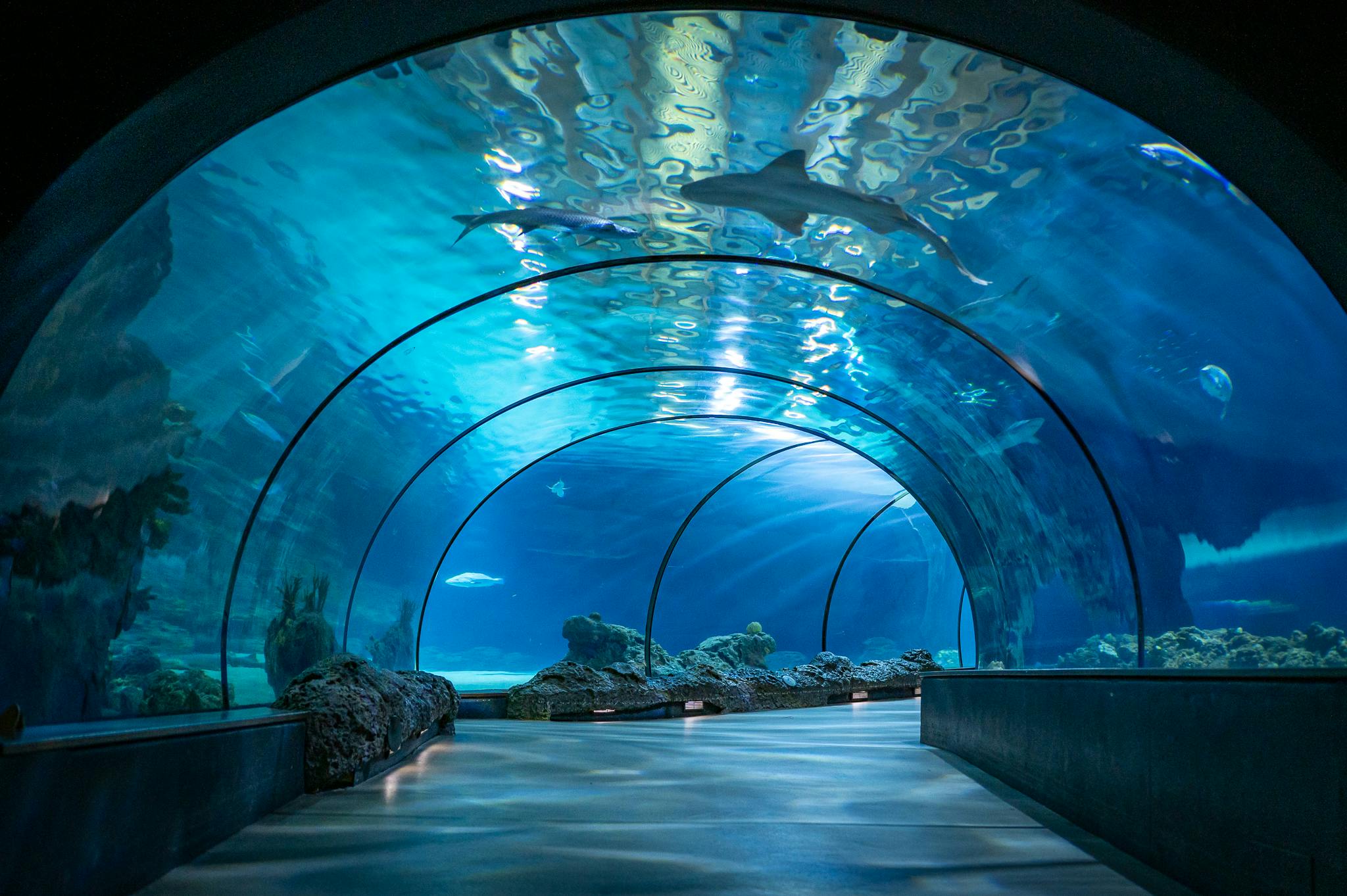
Our unique Oceanium, an aquarium close to the North Sea, is the perfect place for conducting relevant research. There is a lot of activity in the North Sea with potentially harmful effects on the local flora and fauna. In our Oceanium, we conduct research on these potential harmful effects so that we can anticipate them. Together with Wageningen University & Research, we conduct relevant research on the sharks and rays of the North Sea, species about which relatively little is known.

- In five years, we are a structural part of relevant working groups focused on the flora and fauna of the North Sea.
- In five years, within the Ecowende project, we have contributed to the sustainable development of wind farms in the North Sea, for example by facilitating research to reduce the impact of the wind farms on nature.
- In five years, we have informed 7.5 million people about the importance and usefulness of the fish guide. Of these people, 70% have become more conscious of their fish consumption.
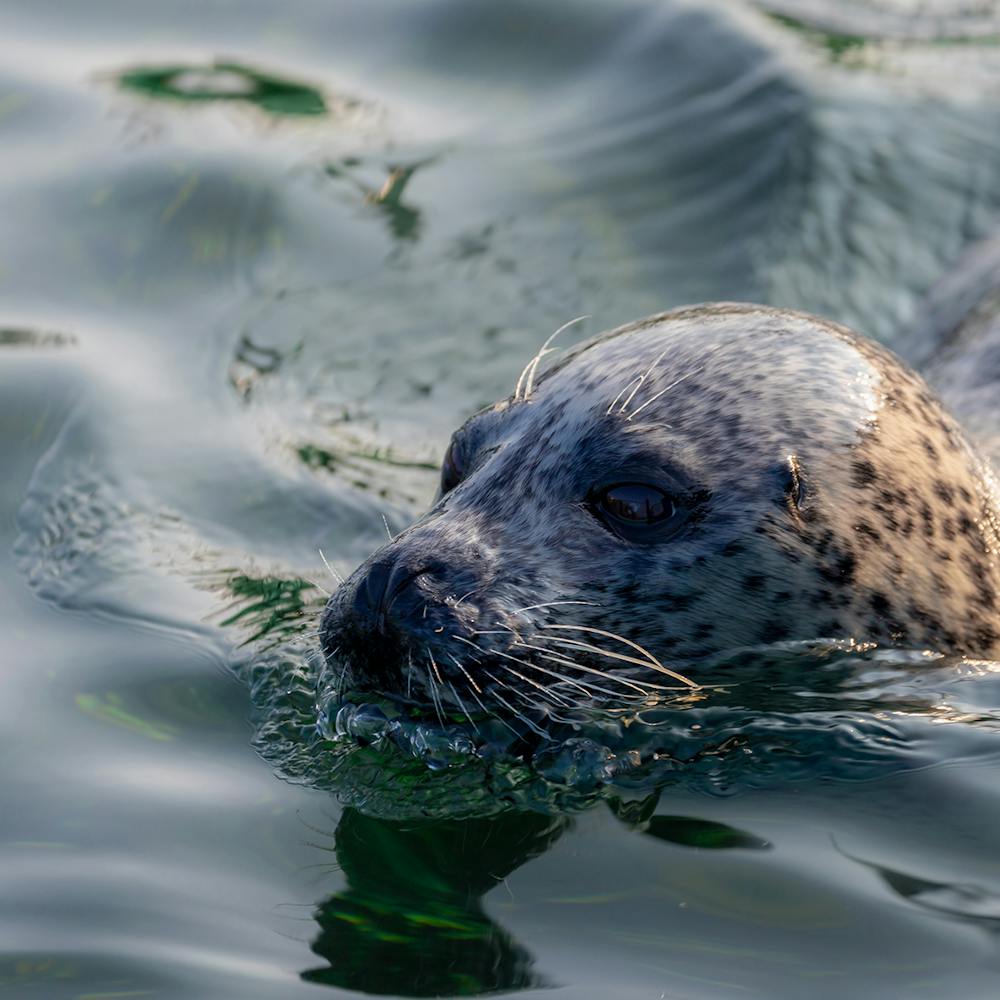
- In five years, we have produced four publications on sharks and rays in the North Sea in collaboration with Wageningen University & Research.
- In five years, we have conducted various pilot studies with Wageningen University & Research to improve the monitoring of sharks and rays in the North Sea.
